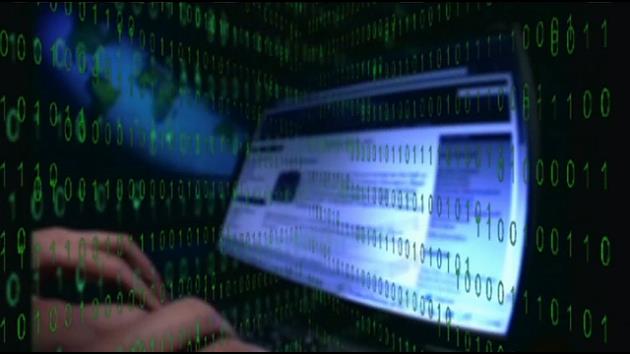WASHINGTON (AP) — FBI Director James Comey told Congress on Wednesday there have been additional “attempted intrusions” in voter registration databases beyond what was previously known, and that the agency is looking “very, very hard” at Russian hackers who may try to disrupt the U.S. election.
Comey’s comments come amid ongoing concern about the ability of hackers from Russia or other nations to breach voting systems. The FBI last month warned state elections officials to boost their election security in light of evidence that hackers targeted related data systems in at least two states, Illinois and Arizona.
Comey did not say where the intrusions were or give any additional details. But he told the House Judiciary Committee that the agency is “investigating to try to understand exactly what mischief the Russians might be up to in connection with our political institutions and the election system more broadly.”
Comey said the FBI had also detected a variety of “scanning activities,” which he said are an early indication of hacking.
“We are urging the states just to make sure that their deadbolts are thrown and their locks are on and to get the best information they can from DHS, just to make sure their systems are secure,” he said, referring to the Department of Homeland Security.
At a separate hearing Wednesday, a Homeland Security official attempted to assuage concerns among lawmakers.
Andy Ozment, assistant secretary of cybersecurity and communications for the department, said the government has confidence in the overall integrity of the U.S. electoral system. He stressed that the federal government is working with states to ensure that the system is not breached, but that federal authorities have no intention of taking over state election systems.
“Our voting infrastructure is diverse, subject to local control, and has many checks and balances built in,” Ozment said.
Ozment said a cyberattack could not change the outcome of the national election. He noted that there’s a wide variety of machines in use in different states, and they are not all connected to one another. There are other physical controls in place, and most aren’t connected to the internet.
Lawmakers expressed concern that the Homeland Security Department may eventually designate election systems as critical infrastructure, a classification that would give the issue priority within the department. Rep. Will Hurd, R-Texas, the chairman of the House Oversight and Goverment Reform subcommittee that held the hearing, said some state officials have worried about a federal takeover of election systems since the department has floated the idea.
One of those officials, Georgia Secretary of State Brian Kemp, testified at the hearing.
“This suggestion came from an agency completely unfamiliar with the elections space and raised the level of public concern beyond what was necessary,” Kemp said. He said more federal oversight could make the systems more vulnerable and could make protected records more accessible.
A Homeland Security Department official who is intimately involved in efforts to secure local elections but wasn’t authorized to speak publicly said Wednesday that it is unlikely that the department will designate voting systems as critical infrastructure prior to the November elections.
A presidential directive released in 2013 details 16 sectors that are considered critical infrastructure, including energy, financial services, healthcare, transportation, food and agriculture, and communications. The designation places responsibilities on the Homeland Security Department’s secretary to identify and prioritize that critical infrastructure, considering physical as well as cyber threats. The secretary is also required to conduct comprehensive assessments of vulnerabilities and track and provide information on emerging and imminent threats.
——
Associated Press writers Eric Tucker and Tami Abdollah contributed to this report.
Copyright 2024 The Associated Press. All rights reserved. This material may not be published, broadcast, rewritten or redistributed.

